Solar Cell Soldering Machine Overview
The solar cell soldering machine is a specialized piece of equipment designed for the purpose of soldering solar cells, which are the fundamental components in solar panels. This machinery plays a crucial role in the solar production line, ensuring that the delicate process of connecting solar cells is performed with precision and efficiency.
Types and Applications
There are various types of solar cell soldering machines tailored to meet different requirements of the solar industry. These machines are utilized in settings such as manufacturing plants and machinery repair shops. Their applications range from small-scale operations to large, industrial solar panel production.
Features and Functionality
A solar cell soldering machine is equipped with features that promote ease of operation and consistent performance. Key attributes include accurate temperature control, which is vital for the integrity of the soldering process, and high productivity rates that benefit large-scale production. The design of these machines often focuses on ensuring that they are user-friendly and reliable.
Materials and Construction
The construction of a solar cell soldering machine involves materials that can withstand high temperatures and prolonged use. Components such as motors and bearings are selected for their durability and performance, contributing to the overall longevity of the machine.
Advantages of Modern Soldering Machines
Modern solar cell soldering machines bring several advantages to the solar panel manufacturing process. They are designed to be more energy-efficient, reducing operational costs. Additionally, the precision they offer helps in increasing the quality of the solar panels produced, which is crucial for the effectiveness of the final product.
Choosing the Right Machine
Selecting the right solar cell soldering machine involves considering factors such as the specific requirements of the production line and the scale of operations. It is important to choose a machine that aligns with the intended use to ensure optimal functionality and efficiency.









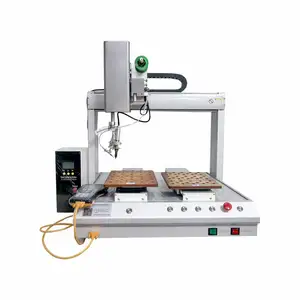





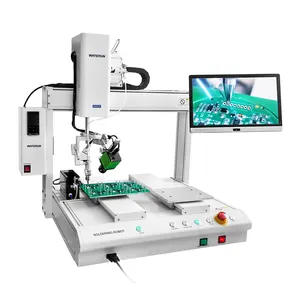



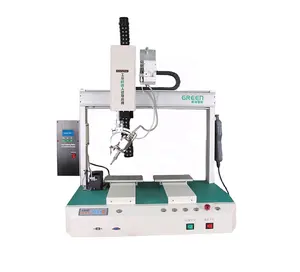

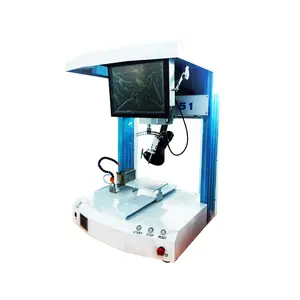
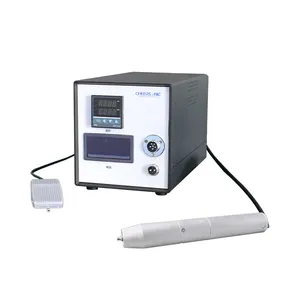


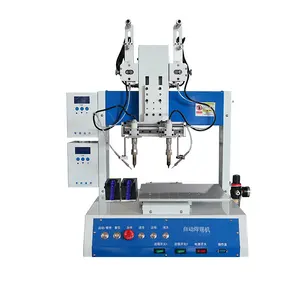
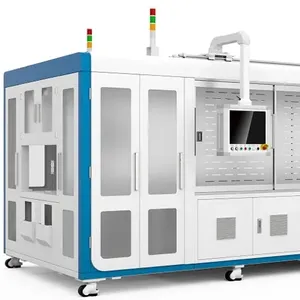



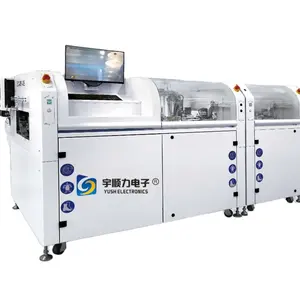

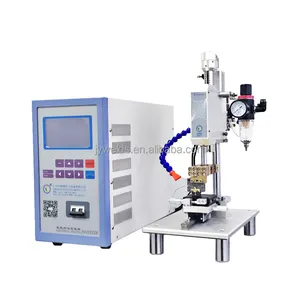
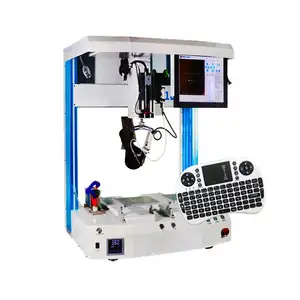
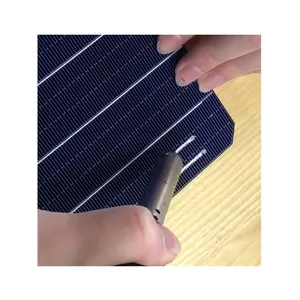

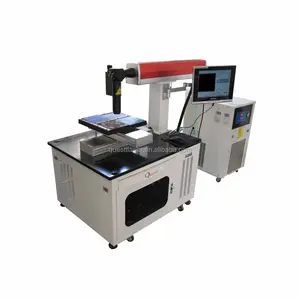
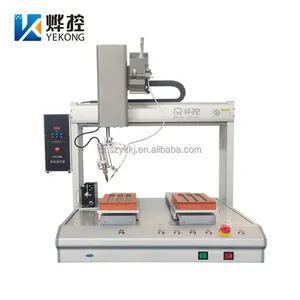

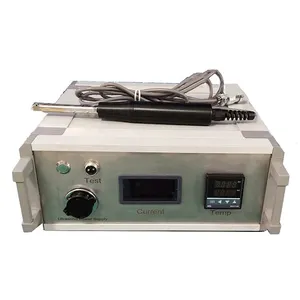


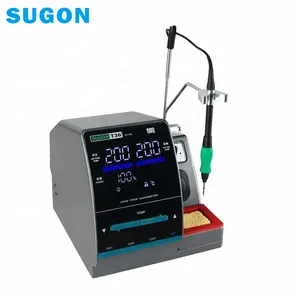
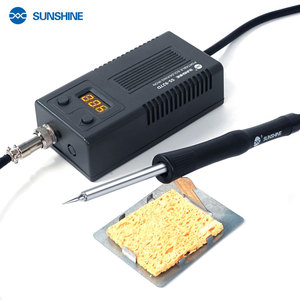



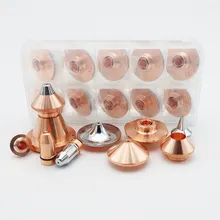



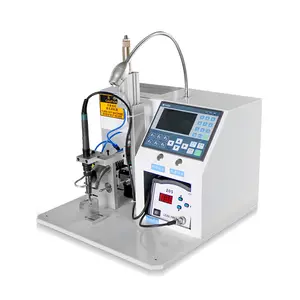
























 浙公网安备 33010002000092号
浙公网安备 33010002000092号 浙B2-20120091-4
浙B2-20120091-4